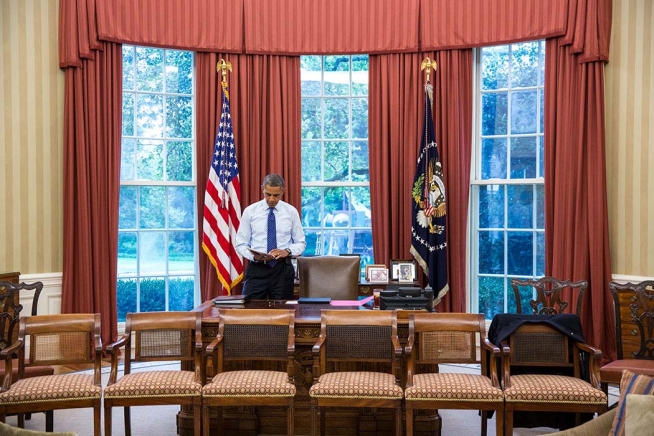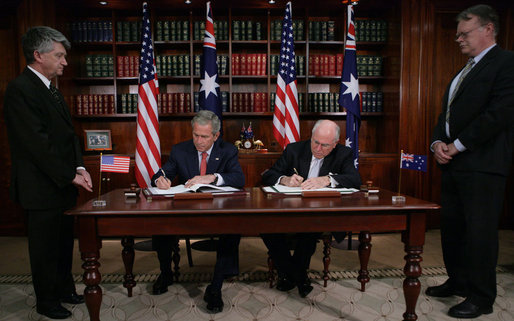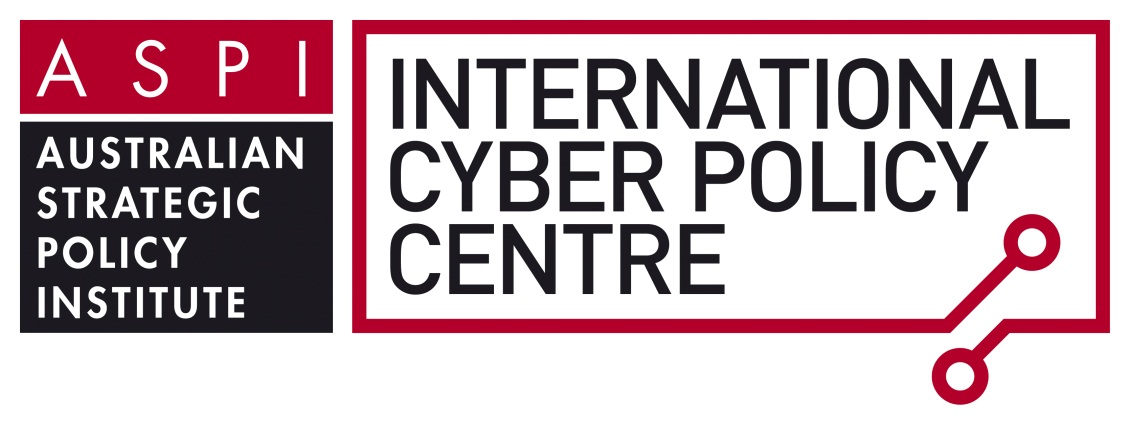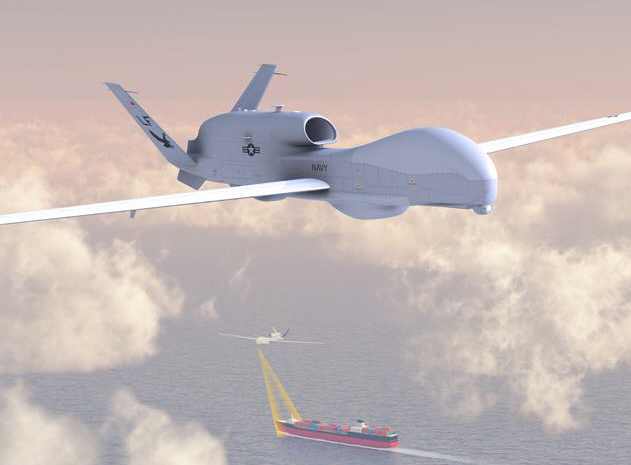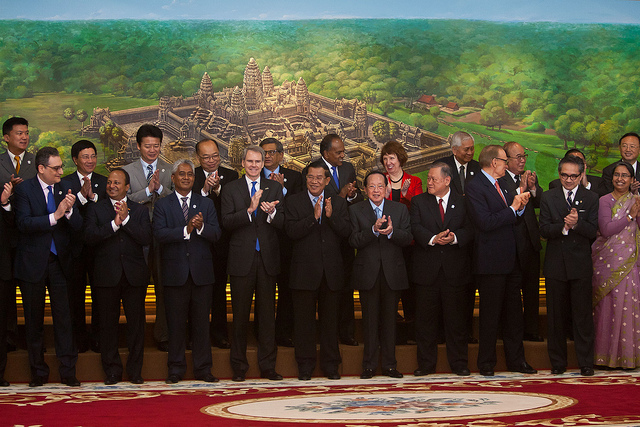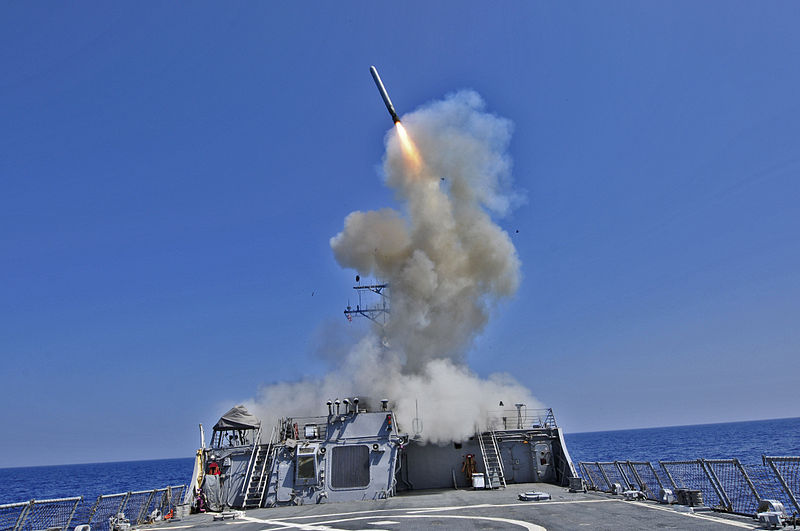Should the US forgo its primacy to accommodate China?
Professor Hugh White, a respected Australian academic and strategist, has long argued that as China has emerged as a great power in the Asia Pacific, it’s time for the Middle Kingdom to play a greater role in the regional order, to the extent that the United States should forgo its long-standing primacy and share its regional leadership with China. Whether the US comes to terms with this fact, White contends, has far reaching implications for the region, as the US insistence on its primacy will inevitably lead to China’s growing grievances. As a consequence, US–China strategic rivalry will intensify and regional peace and stability will suffer in the long run.
White’s argument is valid with respect to China’s impressive economic and military rise over the last three decades, which brings it greater respect and influence in regional affairs. However, whether China should enjoy a greater regional status rests not only on its growing power, but also its moral authority and regional acceptance. The region’s future peace and stability, therefore, is not determined by whether the US forgoes its primacy or not, but primarily by how China behaves to prove it deserves such a concession from the US. Read more

